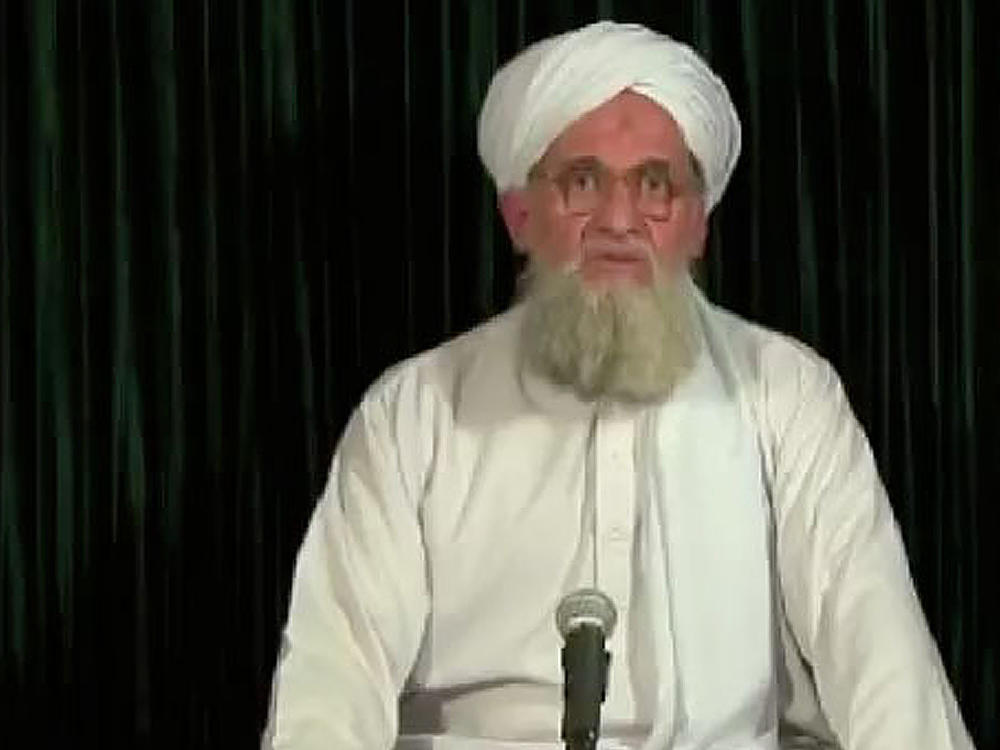Georgia High School Musical Theatre Awards at 8p
Section Branding
Header Content
Bin Laden was the face of al-Qaida, but Ayman al-Zawahiri was its hate-filled heart
Primary Content
One of the last times al-Qaida leader Ayman al-Zawahiri was on center stage was roughly 40 years ago, when the international media captured his rants from a cage at the back of an Egyptian courtroom.
The cameras caught him shouting about the torture he and other prisoners suffered at the hands of Egyptian jailers. He started the group chanting: "We are Muslims. We are Muslims."
Zawahiri's prison time in Egypt not only set him against the regime there, but also marked the beginning of his lifelong hatred of the U.S.
When he eventually joined forces with Osama bin Laden, he passed that enmity along, but it ended for al-Zawahiri on Sunday local time in Afghanistan after an unmanned U.S drone fired two hellfire missiles at a safe house in Kabul, killing him.
President Biden noted Monday that al-Zawahiri was Osama bin Laden's deputy during 9/11 and that he was "deeply involved in the planning."
"For decades he was the mastermind behind attacks against Americans," Biden added, noting the 2000 USS Cole attack and the 1998 bombings of the U.S. embassies in Kenya and Tanzania.
Biden also detailed al-Zawahiri's role leading al-Qaida since bin Laden was killed by U.S. forces in 2011, including calling on followers in recent weeks to attack the U.S. and allies.
Bruce Hoffman, director of the Center for Peace and Security Studies at Georgetown University, said in 2011 that while al-Zawahiri had a reputation for being prickly and dogmatic, he might emerge as an even stronger leader than bin Laden.
"Unlike bin Laden, he had the street cred at having been a dyed-in-the-wool terrorist from the time he was a teenager," Hoffman said. "OK, he's not as telegenic as bin Laden. He lacks bin Laden's charisma. He doesn't have bin Laden's mellifluous voice, but he still is a very powerful figure within the movement."
Bin Laden had talked about creating a base for a broader Islamist movement as if it were a mantra. He wanted an organization that didn't need him to survive. And al-Zawahiri has kept it going in the decade since bin Laden's death.
A version of this profile, written by Dina Temple-Raston, first appeared on NPR on May 3, 2011.
Copyright 2022 NPR. To see more, visit https://www.npr.org.

